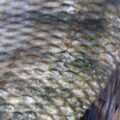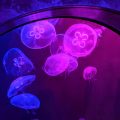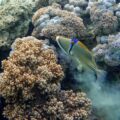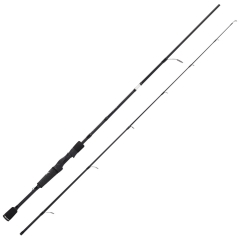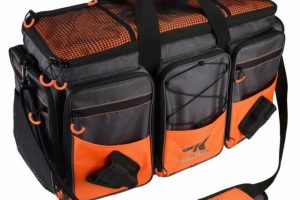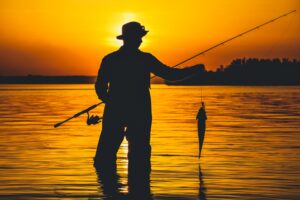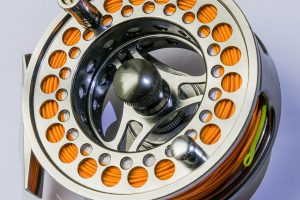Groupers do not absorb water. Groupers are ocean living fish. They usually live in the bottom part of the sea. They are surrounded by salt water. Grouper has a lower salt concentration in their blood than the water they are surrounded by. That’s why they cannot absorb water.
Groupers’ skin is very thin, like any other fish. The outside salt water creates pressure on the fish’s body because of its less salty blood. To balance the salt concentration inside and outside of the grouper, it constantly loses water from its body through the osmosis process. To balance the water loss, grouper drinks water through their mouth, but the extra salt they get while drinking water is excreted through the cells of their gills.
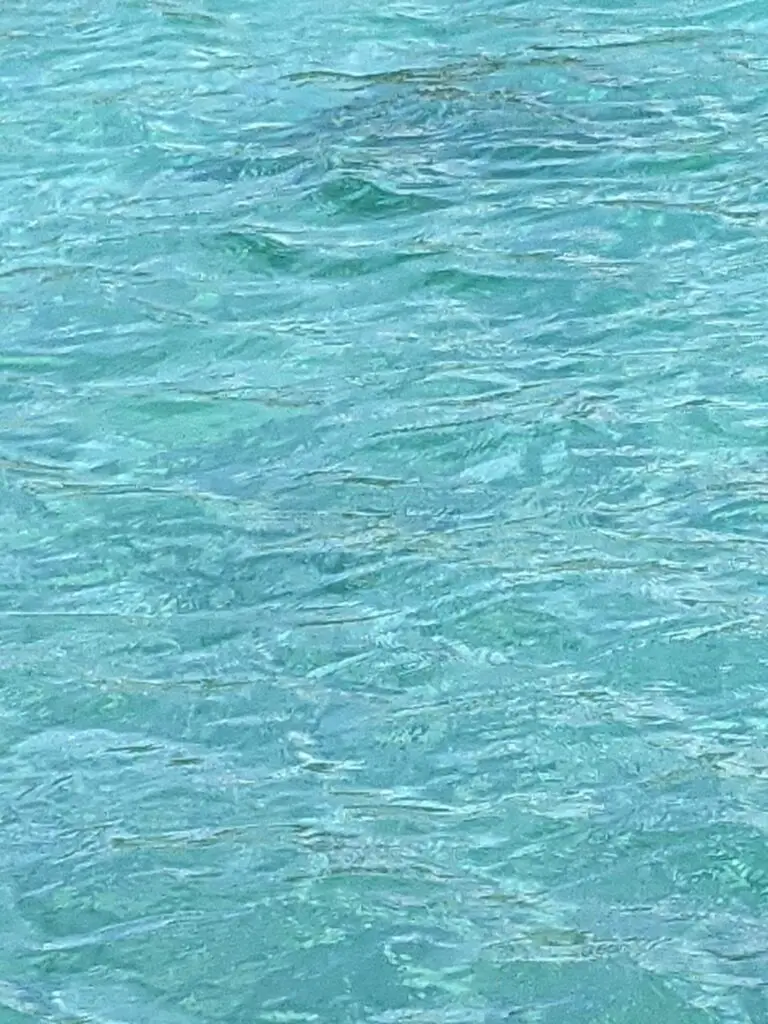
Are Groupers Freshwater Fish?
Groupers are saltwater fish. They are large ocean fish, subfamily Epinephelinae of the Serranidae family. Small groupers can live in freshwater for a while but will die if they do not return to saltwater. Groupers commonly live in the shallow water in the Atlantic state, Florida, and Central America.
Do Grouper Drink Water?
Groupers do drink water. This large, aggressive sea giant lives in the deep part of the sea and drinks the salty water from the sea. Usually, every sea water fishes drinks water except sharks. Sharks’ water adoration system is different from any fish. Grouper drink water to keep the salt concentration balanced in their body because they omit a lot of water through the osmosis procedure, but at the same time, the salt intake becomes higher in their body. A grouper’s kidneys work two functions at the same time. Every saltwater mammal’s kidney needs to do more jobs than freshwater fish. The kidney clears out the excess salt from the body. Grouper’s kidney is important for the osmosis procedure, but it has other functions too. It also discharges waste material from blood and organs as pee.
What is the osmosis process?
Fish absorb and lose water through their grill and skin by applying the osmoregulation technique. This is how they maintain the internal and external salt balance of water. The water flows across the membrane from a low concentration area of dissolved things (salt) to a high concentration area. This process of maintaining equal concentration in both areas is osmoregulation. Fish absorb and lose water through this process. There are two types of osmosis (osmoregulation) for fish.
Freshwater fish osmosis process: The blood of fish that live in freshwater is saltier than the water they are surrounded by. To balance the fish bodies’ inside and outside salt levels, they absorb the water through their skin, but the salt in their blood should not be diminished with extra water, so their kidneys work overtime to maintain the salt balance of their body.
Marine water fish osmosis process: The marine fish osmosis process is the opposite of freshwater fish. The marine fish are surrounded by saltier water than their body. To balance the concentration of the body salt and water salt, marine fish lose water from their body across the membrane of the skin and gills.
Do Grouper get thirsty?
Groupers do not get thirsty. Fish don’t get thirsty. Saltwater fishes drink a small amount of water all the time to balance the salt intake of their body because they lose water in the osmosis process. On the other hand, freshwater fishers absorb water through their skin.
Why can’t you take Grouper out of the water?
Large Goliath Grouper can’t survive without water. Its structure is very large, and its weight can be 400lbs to 800lbs, so it cannot be managed without water. Fishes’ intake oxygen from the water through their skin and gill. That’s why fishermen always try to wet the skin and the gill to keep the fish alive. Groupers are large fish which makes it hard to take them out from the water and keep them wet. They will not survive out of the water for very long.
Do groupers have a Swim Bladder?
Groupers have a swim bladder. They are bottom-dwelling fish with larger swim bladders. The swim bladder is also called the air bladder. The bladder is in the body cavity. The bladder contains different types of gases. This air bladder helps them to get oxygen in the deep part of the sea.
Can Grouper Live in an Aquarium?
It is not easy to keep saltwater fish in the aquarium. Usually, grouper is a large kind of fish. The younger tiny version can be kept in an aquarium. As they are very little, they are more adjustable to a different environment than larger ones.
They require larger tanks to get enough room to swim and hiding places to thrive. So, the aquarium needs to have several caves for their resting. If you keep them with other small fishes, they will try to eat them. They become aggressive towards little fishes. Miniatures Grouper, Clown Grouper, Panther Grouper, Red V-Tail Grouper, Cherry Louti Grouper, Pollini Grouper, Saddleback Grouper, and Blue Spotted Grouper can be kept in the aquarium when they are young and tiny.
The Amount of Water does Grouper need to Survive?
Fishes need water to survive. A fish needs one gallon of water for every inch of its body. If a grouper is three inches, it will need three gallons of water to survive, but only water cannot make grouper happy. They need caves to rest because they usually feel very shy in the aquarium. They are furious with the small fish and always try to eat them.
This is a very basic instinct of Grouper. They eat other small fish, such as crabs and shrimp. They play an important role in the ecosystem of the sea also. Through this, the sea life’s numbers get balanced.

